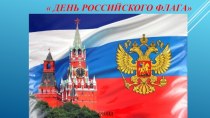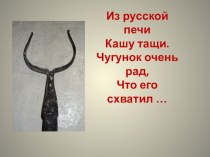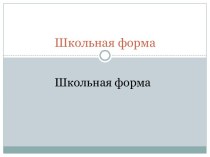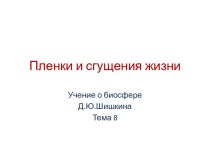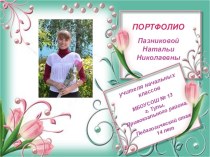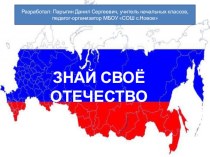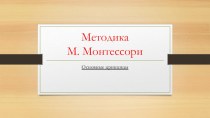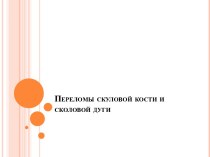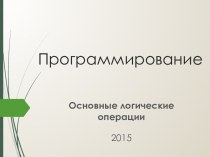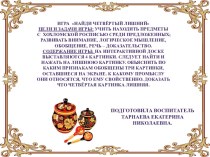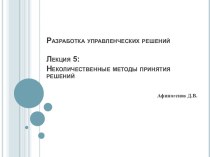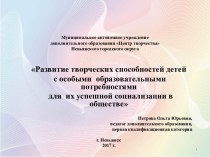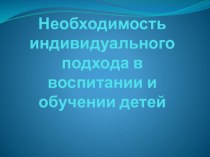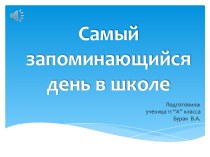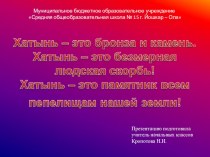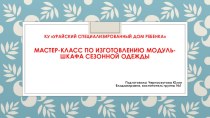- Главная
- Разное
- Бизнес и предпринимательство
- Образование
- Развлечения
- Государство
- Спорт
- Графика
- Культурология
- Еда и кулинария
- Лингвистика
- Религиоведение
- Черчение
- Физкультура
- ИЗО
- Психология
- Социология
- Английский язык
- Астрономия
- Алгебра
- Биология
- География
- Геометрия
- Детские презентации
- Информатика
- История
- Литература
- Маркетинг
- Математика
- Медицина
- Менеджмент
- Музыка
- МХК
- Немецкий язык
- ОБЖ
- Обществознание
- Окружающий мир
- Педагогика
- Русский язык
- Технология
- Физика
- Философия
- Химия
- Шаблоны, картинки для презентаций
- Экология
- Экономика
- Юриспруденция
Что такое findslide.org?
FindSlide.org - это сайт презентаций, докладов, шаблонов в формате PowerPoint.
Обратная связь
Email: Нажмите что бы посмотреть
Презентация на тему Московия: грубое и варварское королевство или другое царство?
Содержание
- 2. ‘The "Golden Age" of the English Court:
- 3. ‘The 400th anniversary of the House of Romanov’ at the British Museum
- 5. ‘Rude and Barbarous Kingdom’ – edited by Lloyd E. Berry and Robert O. Crumney
- 6. ‘Domostroy’ – edited by Archpriest Silvester in the 16th century
- 7. ‘Of the Russe Commonwealth’ – by Giles Fletcher
- 8. Therefore, the aim of my research is
- 9. The hypothesis of my research work is
- 10. Giles Fletcher the Elder (c. 1548-1611)An English
- 11. ‘Domostroy’The book is a 16th century Russian
- 12. FLETCHER’S ACCOUNT
- 13. Fletcher’s culture shock was obviously due to
- 14. DOMOSTROY’S CLICHÉS
- 15. Silvester appears to have idealised his narration
- 16. CONCLUSIONS
- 17. Fletcher’s ‘Of the Russe Commonwealth’ may be
- 18. Скачать презентацию
- 19. Похожие презентации
‘The "Golden Age" of the English Court: From Henry VIII to Charles I’ in the Moscow Kremlin
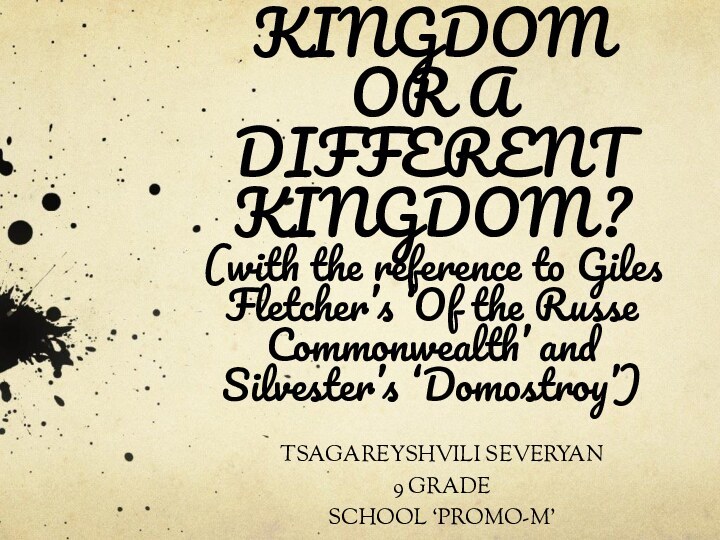
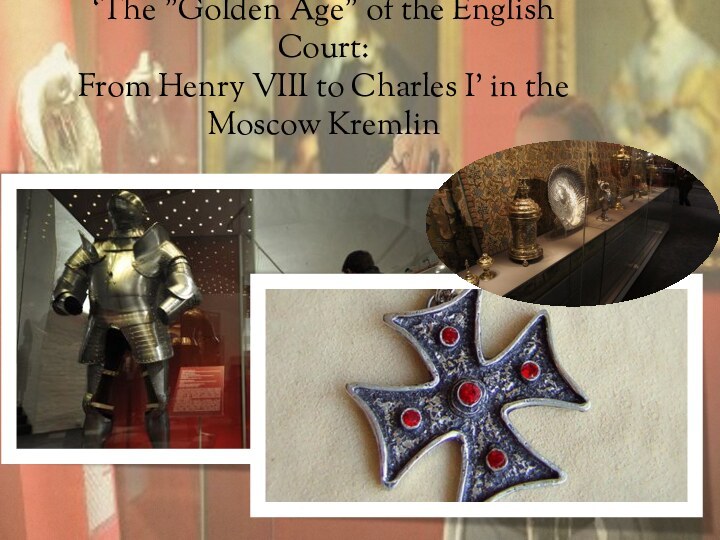
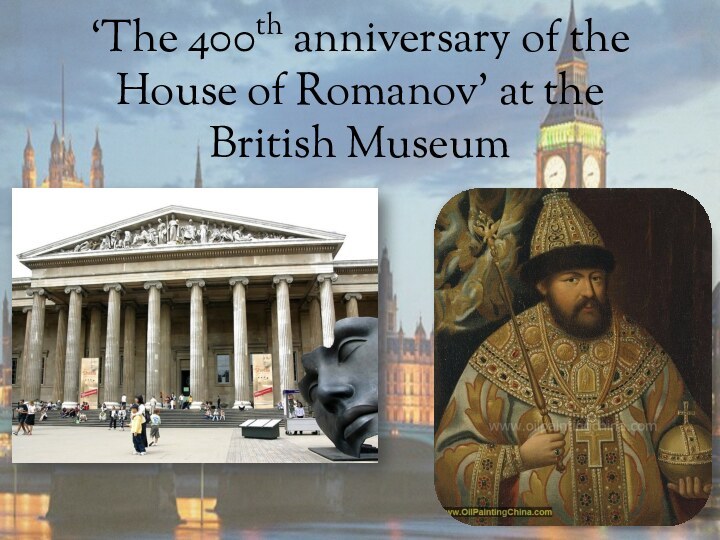
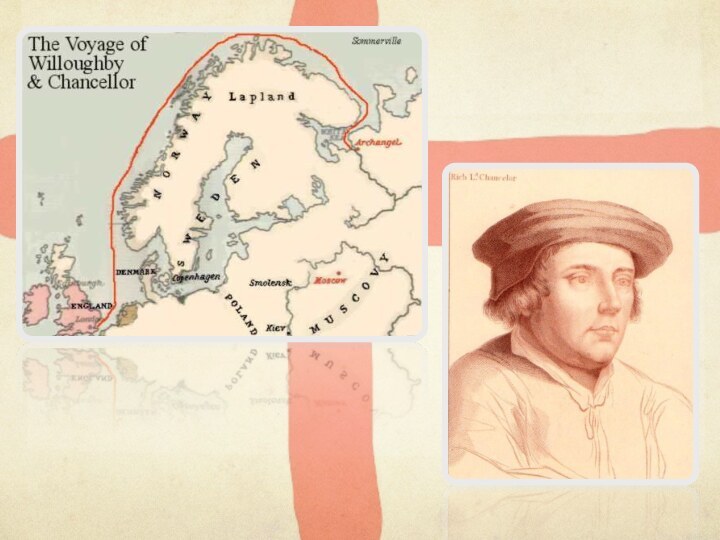
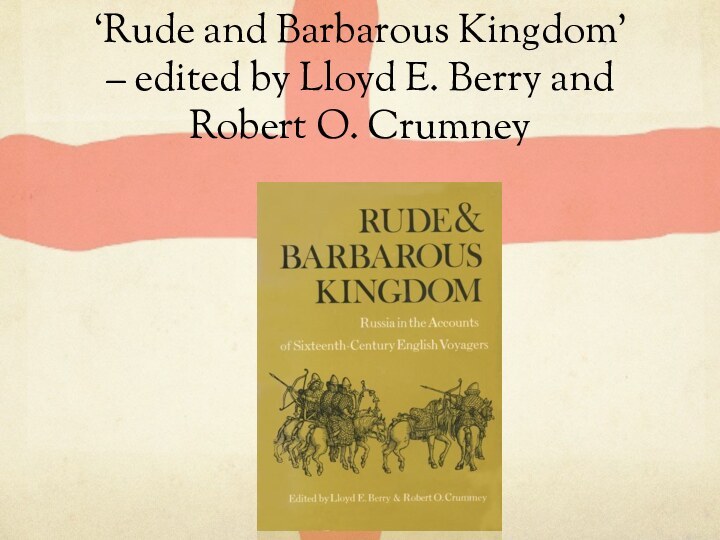
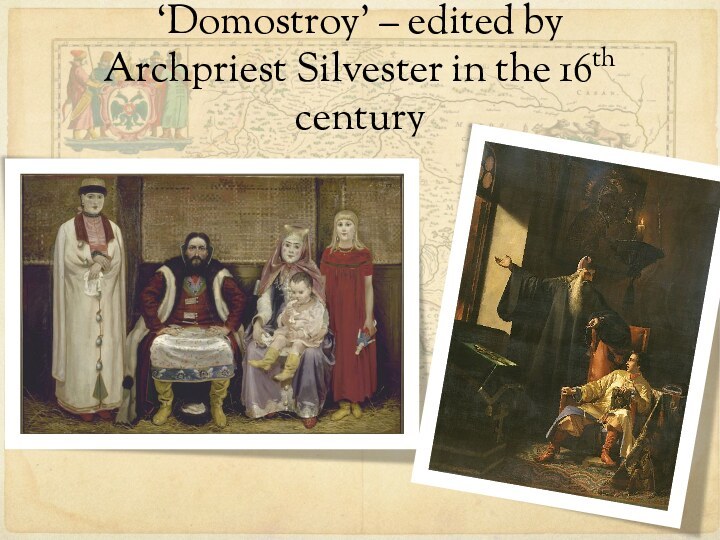
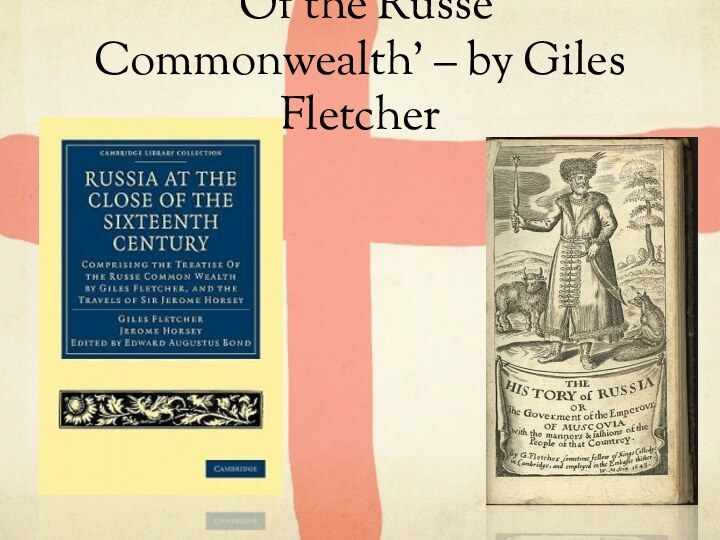
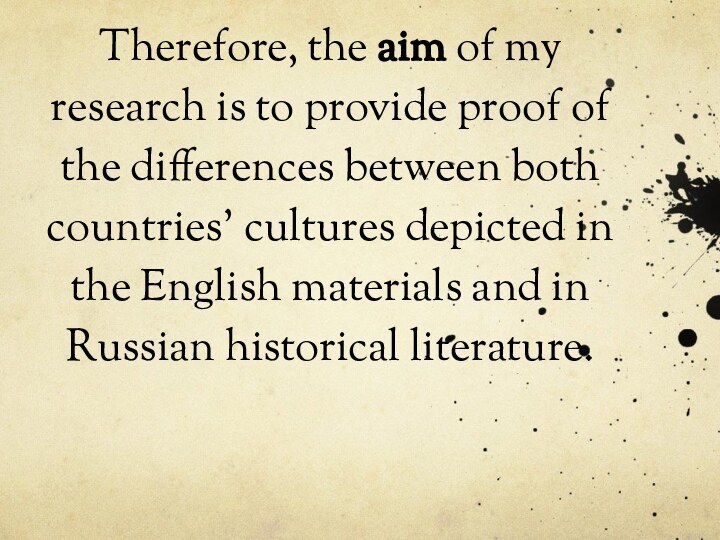
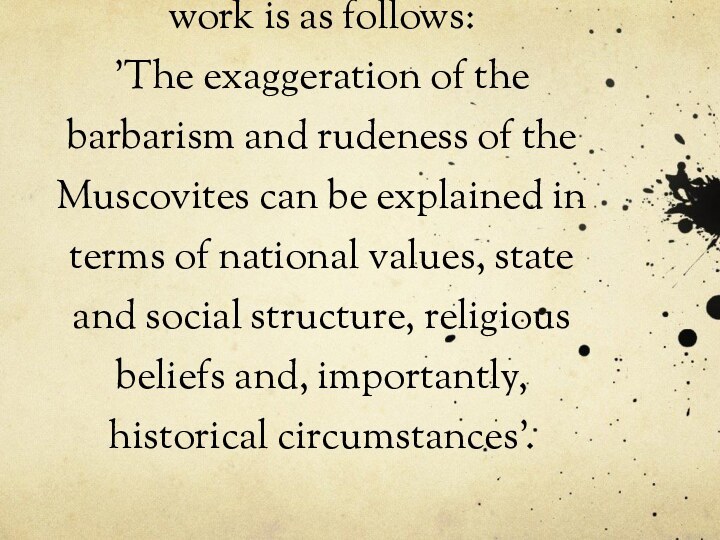
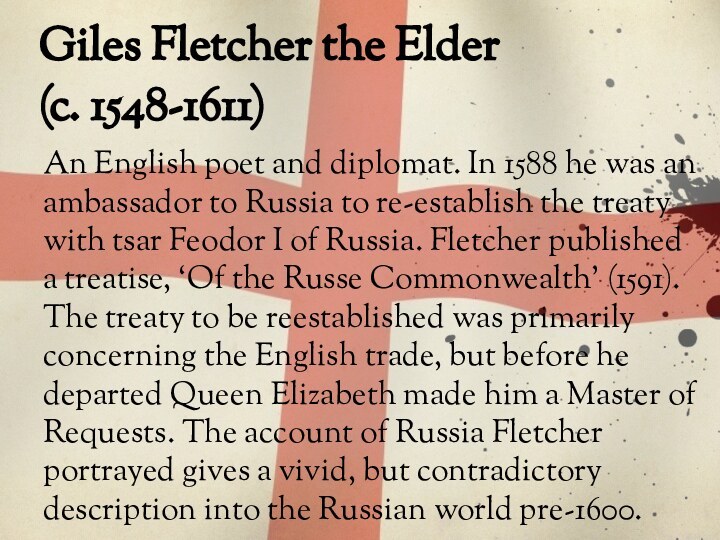
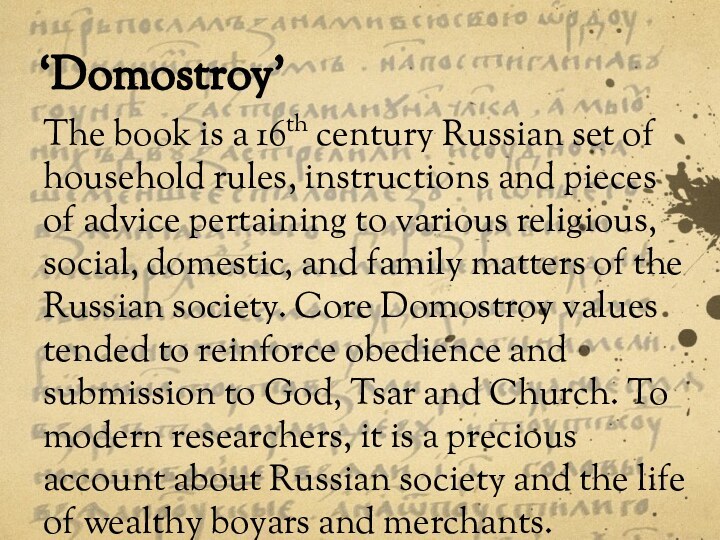
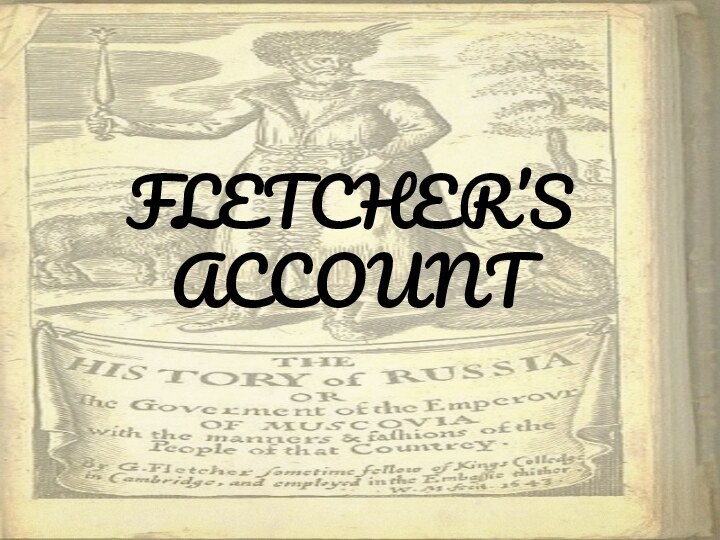
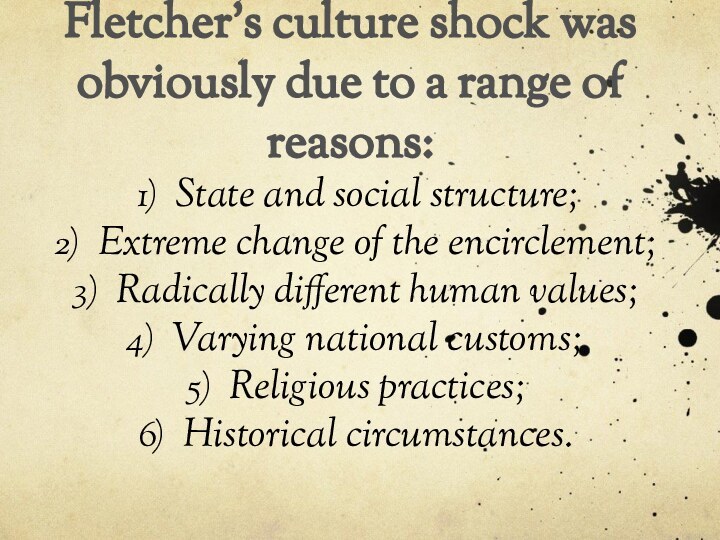
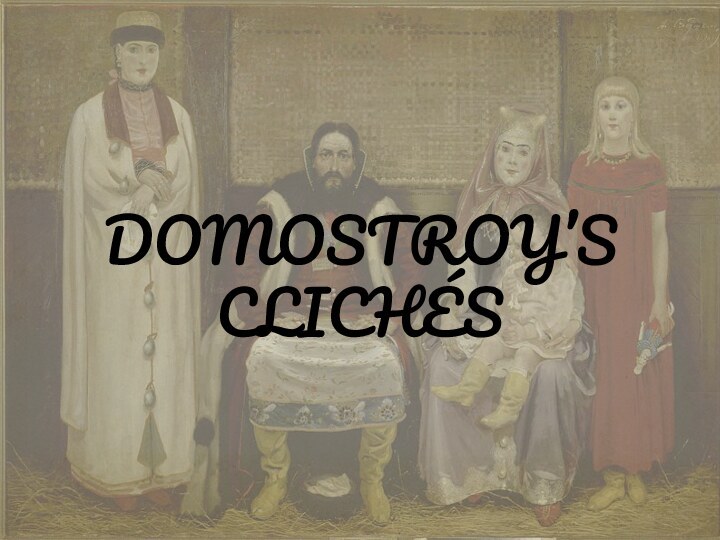
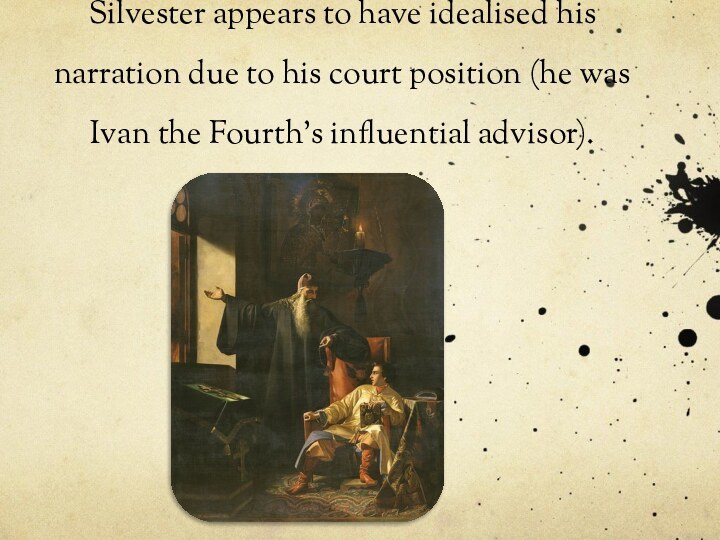
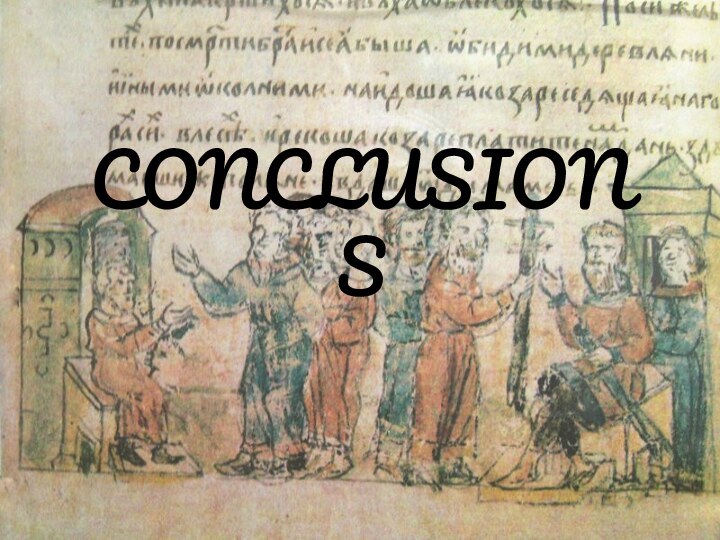
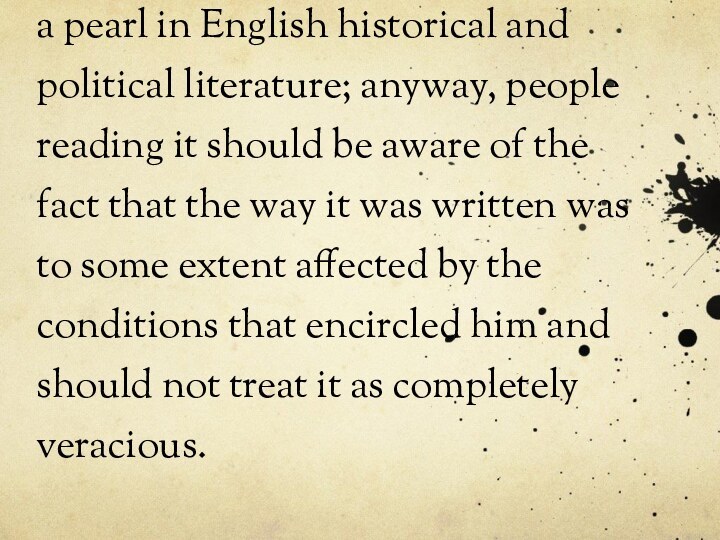

Слайд 8 Therefore, the aim of my research is to
provide proof of the differences between both countries’ cultures
depicted in the English materials and in Russian historical literature.Слайд 9 The hypothesis of my research work is as
follows: 'The exaggeration of the barbarism and rudeness of
the Muscovites can be explained in terms of national values, state and social structure, religious beliefs and, importantly, historical circumstances'.
Слайд 10
Giles Fletcher the Elder
(c. 1548-1611)
An English poet and
diplomat. In 1588 he was an ambassador to Russia
to re-establish the treaty with tsar Feodor I of Russia. Fletcher published a treatise, ‘Of the Russe Commonwealth’ (1591). The treaty to be reestablished was primarily concerning the English trade, but before he departed Queen Elizabeth made him a Master of Requests. The account of Russia Fletcher portrayed gives a vivid, but contradictory description into the Russian world pre-1600.
Слайд 11
‘Domostroy’
The book is a 16th century Russian set
of household rules, instructions and pieces of advice pertaining
to various religious, social, domestic, and family matters of the Russian society. Core Domostroy values tended to reinforce obedience and submission to God, Tsar and Church. To modern researchers, it is a precious account about Russian society and the life of wealthy boyars and merchants.Слайд 13 Fletcher’s culture shock was obviously due to a
range of reasons:
State and social structure;
Extreme change of the
encirclement;Radically different human values;
Varying national customs;
Religious practices;
Historical circumstances.




